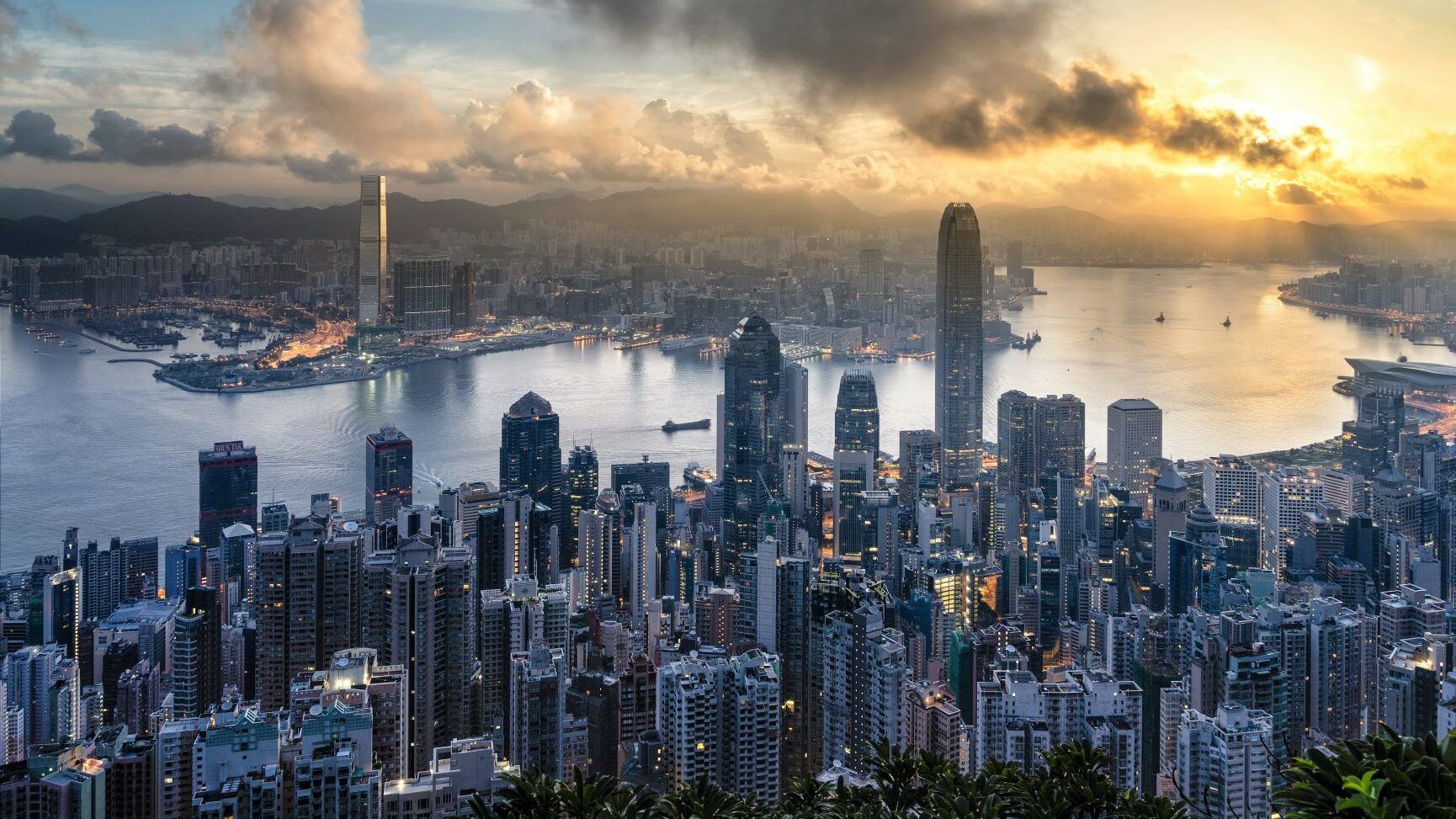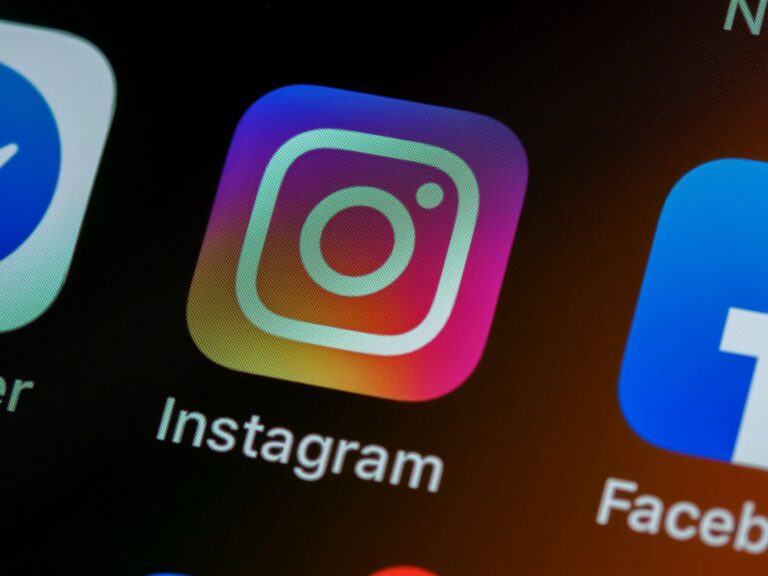
The biggest technology companies have found themselves entangled in the latest chapter of China and Hong Kong’s long, complicated political history. A new security law that the New York Times describes as “rife with ambiguities” gives Beijing increased legal authority over Hong Kong—including the ability to punish pro-democracy protestors. Now, Facebook, Google, Twitter and others have “temporarily stopped processing Hong Kong government requests for user data,” while they try to understand the law and what it could mean for Hong Kong’s residents.
A Brief Overview of Chinese/Hong Kong Relations
Hong Kong and China share a complicated diplomatic history. Britain returned the former, a one-time colony, to China “in 1997 following a 1984 agreement [between the two countries].” Part of the agreement was the “one country, two systems” policy that gave Hong Kong an unusually high degree of autonomy, expect in foreign and defense affairs’ for 50 years – including a promise of direct elections for chief executive by 2017.
A sticking point to pro-democracy activists, however, is that the city’s officials are not chosen freely by the people, but rather from a list of two or three candidates selected by a nomination committee closely associated, or in agreement with, the existing government in Beijing. Hong Kong residents began to organize and demonstrate on an increasingly large scale before things cooled off with essentially no concessions from Beijing.
The New National Security Law
Integral to the one country, two systems policy was a provision for a security law. Hong Kong’s government was unable to pass one in the 23 years since control of the city returned to China, however, because of an abiding public unpopularity. This fact, coupled with the pro-democracy demonstrations, meant China felt it needed to “[step] in to ensure the city has a legal framework to deal with what [Beijing] sees as serious challenges to its authority.”
The agreement, which was “conceived in secrecy” and passed “without serious input from Hong Kong authorities,” grants the Chinese government previously unprecedented authority to “crack down on a variety of political crimes [in Hong Kong], including separatism and collusion.” Its 66 articles list “four major offenses… separatism, subversion, terrorism, and collusion with foreign countries” in opaque terms that have raised concerns with human rights officials, including UK-based watchdog Hong Kong Watch, whose founder, Benedict Rogers, told Foreign Policy the law is “the worst, most dangerous, and most overreaching law I have seen in over 25 years of human rights work… an all-out assault on freedom—not just in Hong Kong, but worldwide.”
Big Tech Enters the Fray
As a result, Google, Facebook, and Twitter have hit pause on processing user data requests from Hong Kong’s government. The decision was echoed by Chinese-owned TikTok and Facebook-owned WhatsApp, who, along with other tech companies, have long operated freely in Hong Kong without restrictions from China’s firewall that applies to mainland internet users. The New York Times characterized the decision as “a rare public questioning of Chinese policy,” in a country that accounts for significant ad revenue for each business. While the companies did not issue blanket statements of non-compliance with the law, they did temporarily stop fielding government requests pending “the ensuing legal challenges from Hong Kong’s government [that] will most likely chart a course for the future of internet freedoms in the city.”
Hong Kong’s citizens are among the most internet-connected in the world, with consulting firm We Are Social indicating that 91% of the population uses the internet, including to “express political opinions and show support for protests against China’s increasing influence” on the city. That connectivity is what many fear will be weaponized by Beijing, leaving the biggest technology companies in a difficult spot. Tech companies are required to follow local laws in the countries where they operate, but doing so in this case could risk alienating users in Hong Kong while drawing global backlash. On the other hand, not following local laws could result in legal action and punitive damages, creating an unenviable balancing act.
A Search for Clarity
For now, an atmosphere of uncertainty reigns. Until the law and its enforcement are defined in practice, there is little clarity and much concern, particularly among voices that “built their lives and livelihoods around Hong Kong’s unique freedoms.” Now they are tasked with “balancing two seemingly irreconcilable goals: preserving their own safety, without giving in to fear.”
For their part, technology companies are in a mode of wait-and-see – hoping for more definition, while being put in a difficult interim position where “standing up against [the law] could raise the ire of Beijing, hurt companies’ bottom lines, and put local employees at risk.” With relations between the United States and China already at low ebb, the security law stands to raise tensions even further.







